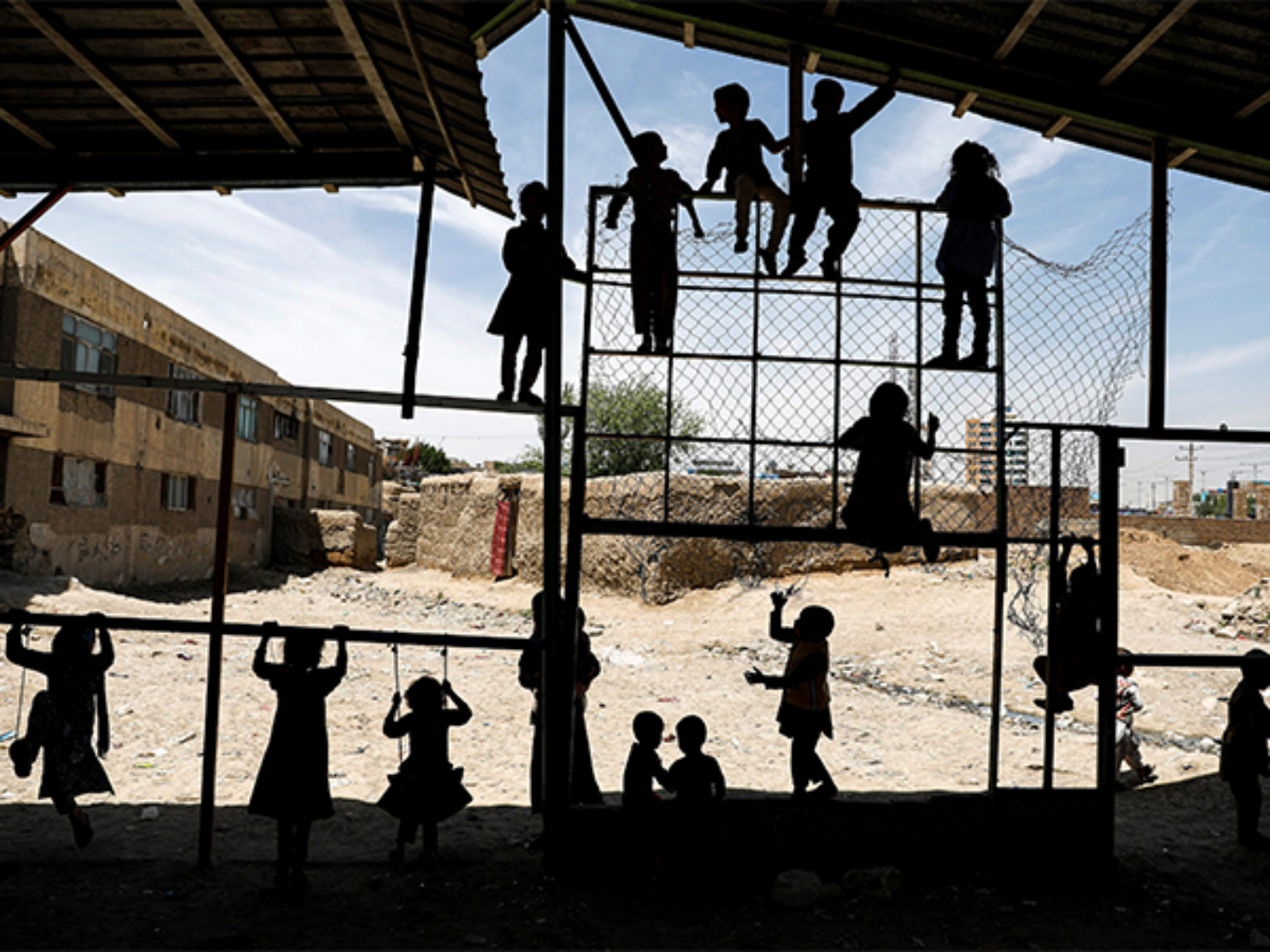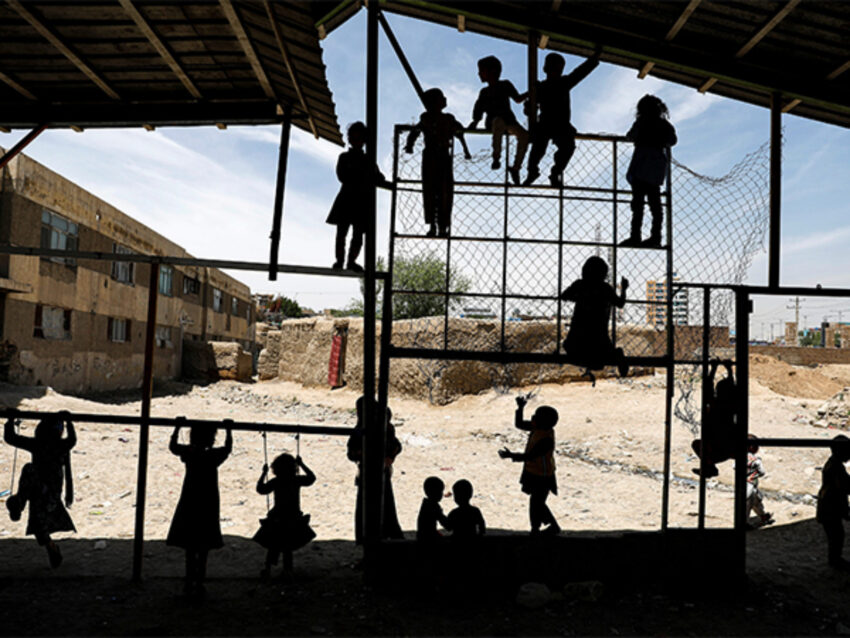
New Delhi [India], November 20 (ANI): India’s child-focused policies are driving significant improvements in well-being and poverty reduction, yet stronger, sustained social sector investment is essential to secure long-term gains for the country’s 460 million children, according to UNICEF India Representative Cynthia McCaffrey.
In its latest report, State of the World’s Children 2025, released on the occasion of World Children’s Day on Thursday, UNICEF revealed that more than 400 million children across low- and middle-income countries face deprivations in at least two essential areas–health, nutrition, education, clean water, sanitation and housing–noting that despite global progress, millions of children still lack access to basic services, fuelling inequality and limiting opportunities across generations.
According to the report, the youngest children, those with disabilities and children growing up amid conflicts or climate disasters face the highest risks as economic and environmental pressures intensify worldwide.
Meanwhile, India was highlighted as a global example of rapid poverty reduction.
McCaffrey credited India’s flagship programmes and expanded social protection coverage for lifting 248 million people out of multidimensional poverty between 2013-14 and 2022-23, reducing the National Multidimensional Poverty Index (MPI) rate from 29.2 per cent to 11.3 per cent.
Social protection schemes now reach nearly 940 million people, a jump from 19 per cent coverage in 2015 to 64.3 per cent in 2025, as per the report.
McCaffrey emphasised that investing in children yields the strongest social and economic returns, adding that India’s progress shows what is possible when political commitment aligns with large-scale policy action.
Flagship schemes such as Poshan Abhiyaan, Samagra Shiksha, PM-KISAN, the Mid-Day Meal Scheme, Beti Bachao Beti Padhao, Swachh Bharat Mission and Jal Jeevan Mission–supported by India’s digital public infrastructure–have expanded access to nutrition, education, income support, sanitation and financial inclusion.
“The State of the World’s Children 2025 report reminds us that ending child poverty is achievable with the tools and knowledge we have. There is no greater return on investment than investing in children. India’s progress shows that further acceleration of effective programmes can help reach the last mile and India’s Vision 2047. Improving children’s wellbeing isn’t just about resources it’s about the collective will and leadership to prioritise children in every decision we make,” McCaffrey said.
“Every child gaining access to healthcare, learning, nutrition, social safety and protection with quality takes us a step closer to reaching them all with equality and opportunity,” she added.
Experts, however, cautioned that India must continue to safeguard and expand fiscal space for social sector spending. The National Institute of Public Finance and Policy (NIPFP)’s Dr Pinaki Chakraborty stressed the need for sustained public investment in health and education.
“Sustained public investments in the social sector are essential for child wellbeing. Safeguarding fiscal space for children programmes and enhancing overall spending in key sectors of health and education would be crucial for India,” Chakraborty said, a visiting distinguished Professor at NIPFP.
While Observer Research Foundation (ORF)’s Dr Nilanjan Ghosh said India’s Viksit Bharat @2047 vision must prioritise equity and sustainability, noting that children remain the country’s most vital reservoir of future human capital.
“Viksit Bharat @2047 cannot be defined through the narrow lens of per capita GDP alone. A truly developed economy must embed equity, distributive justice, and sustainability into its vision. India’s real engine of transformation lies in sustained investments in children – the most vital reservoir of future human capital and socio-economic progress. By nurturing their health, nutrition, education, and opportunities today, we can unlock the demographic dividend and lay the foundations of a resilient and inclusive nation. The economic and social returns on investing in children are very high,” said Ghos, Vice President, Development Studies & Kolkata Head, ORF.
Despite substantial progress, the report notes that 206 million children in India still lack access to at least one essential service, and 62 million face deprivations in two or more areas–barriers that limit their ability to reach their full potential.
UNICEF urged governments and partners to place children at the centre of budgeting and policymaking, strengthen social protection systems, ensure equitable access to essential services, support economic security for caregivers and amplify children’s voices in decisions affecting their futures.
The report concludes by underscoring that the world already has the evidence, tools and experience to end child poverty, and what is needed now is collective resolve and action. (ANI)


